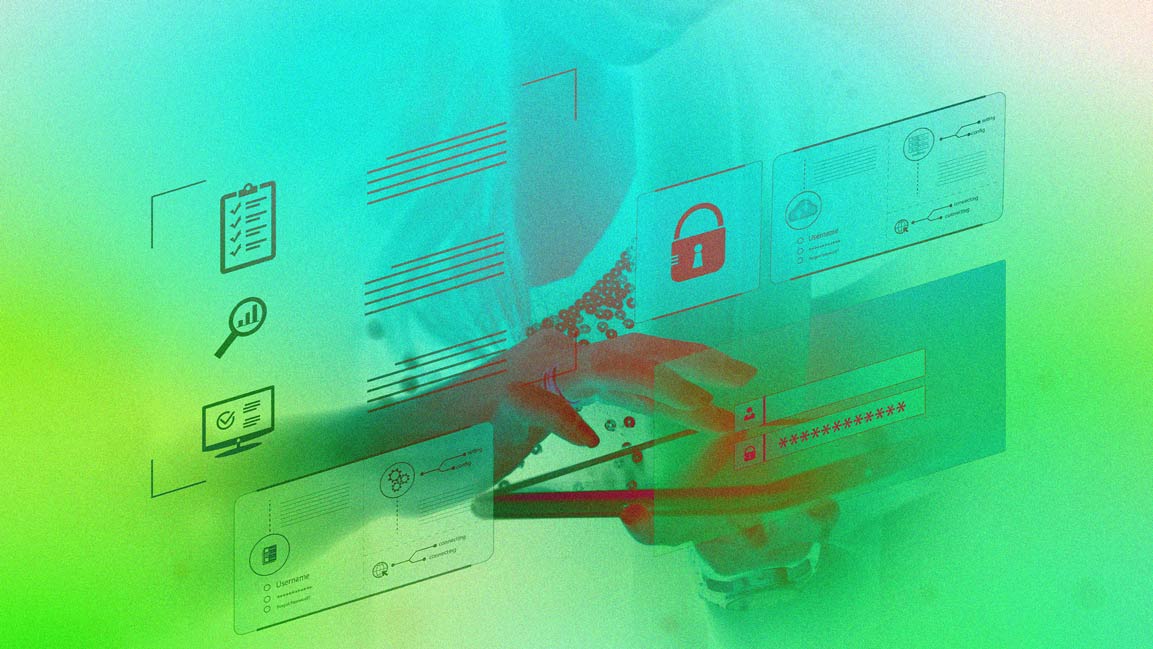- | 9:00 am
Is open banking driving innovation, inclusion, and accessibility in the Middle East?
Open banking is enabling competition and opening doors to millions who’ve long been left out.

In the Middle East, open banking is fast becoming the financial sector’s connective tissue, offering access, inclusion, and data-driven innovation.
With digital transformation accelerating and regulators pushing for standardization, it is evolving into a regional API economy. From fintech startups to Islamic financial institutions, the momentum is reshaping how banking is done, and more importantly, who it serves.
“Open banking is a critical enabler,” says Salah Hamawi, Partner at Kearney. “It accelerates diversification in the financial sector, supports fintechs and digital commerce, and drives the digital transformation agenda across the GCC.”
UAE’s Central Bank has launched a structured Open Finance framework to standardize API-based data sharing, starting with account information services and expanding to broader financial interactions.
Banks like ADIB have moved early, integrating secure APIs, consent layers, and data governance measures to prepare for this shift.
“We have implemented APIs and aligned with CBUAE-approved standards for consent management, data encryption, and token-based data exchange,” says Fernando Plaza Lopez, Chief Digital Officer at ADIB. “Every data flow adheres to the highest levels of security and regulatory compliance.”
FROM ACCESS TO EMPOWERMENT
At the heart of the open banking movement is financial inclusion. Whether it’s blue-collar workers in the UAE or unbanked entrepreneurs in Egypt, the shift to mobile-first, API-enabled services transform how — and if — people interact with the formal economy.
“If you’re building something for underbanked consumers or SMEs, you have to build it on mobile,” says Omar Ramadan, CEO of GCC and Levant at MNT-Halan. “Their first interaction with the internet is through mobile, not desktops, so it’s not about responsive design; it’s about intuitive, transparent, and educational user experiences.”
MNT-Halan, operating across Egypt, Turkey, Pakistan, and the UAE, uses open banking partnerships to assess creditworthiness through non-traditional data, looking beyond formal credit history to salary flows, expenses, and behavioral insights.
“If someone earns AED 5,000 and picks up another AED 2,000 from side gigs, we see that through open banking,” says Ramadan. “We can tailor loans to their ability to repay — not just a score on paper. That’s inclusion.”
For ADIB, inclusion also means building tools specifically for youth, migrants, and underserved segments. Products like Amwali, the UAE’s first digital bank for young people, and Smart Sukuk, a fractional investment platform, are designed to lower barriers to Islamic banking and investing.
“With Smart Sukuk, customers can invest with as little as $1,000 instead of $200,000,” says Lopez. “We’re expanding access to Sharia-compliant investments and empowering retail investors.”
BUILDING ETHICAL, INCLUSIVE, AND INTELLIGENT FINANCE
In the Middle East, where Islamic finance plays a central role, open APIs and fintech partnerships enable value-aligned, transparent, and Sharia-compliant offerings than ever before.
“Islamic banks can collaborate with fintechs to address specific needs — like automated Sharia screening, real-time compliance verification, or tailored microfinance tools,” says Lopez. “This helps us reach new customer segments, while staying true to Islamic principles.”
ADIB’s partnership with Emirati fintech Lune, which powers the Money Management Tracker, allows customers to visualize income and expenses in real-time. This kind of personal finance education, embedded directly into digital banking platforms, can shift how customers make decisions and break cycles of financial exclusion.
“We’re empowering customers to take greater control of their financial data and decision-making,” says Lopez. “Open banking isn’t just about offering more products. It’s about helping people make smarter financial decisions.”
Meanwhile, MNT-Halan’s credit decisioning engine in Egypt incorporates behavioral and transaction data, not just from banking but also from commerce, transportation, and peer-to-peer activity, to paint a fuller picture of risk and opportunity.
“In Egypt, many of our customers don’t even have bank accounts,” says Ramadan. “We use data from mobile wallets, prepaid cards, and e-commerce to generate alternative credit scores. If open data becomes more formalized, it could unlock even more.”
DESIGNING THE API ECONOMY
As regulators roll out open finance frameworks — from Bahrain’s early pilots to the UAE’s phased adoption, the goal is to build a future-proof financial ecosystem that serves everyone.
“The most important lesson is the need for clear regulatory frameworks,” says Lopez. “The UAE Central Bank has created rules around customer consent, API standardization, and data security. That clarity is key to adoption.”
ADIB is already laying the foundation for this next phase, from launching a developer portal inviting fintechs to co-build new financial products to exploring embedded Islamic finance in platforms like Botim and even designing digital Zakat tools within government apps.
“By embedding finance into everyday platforms, we’re making services more accessible and contextual,” says Lopez. “Whether it’s investing, giving Zakat, or managing a digital wallet — we can make all of it Sharia-compliant, intuitive, and mobile-first.”
It’s the start of a bigger shift: open finance, where banking becomes invisible, embedded, and hyper-personalized — guided by a deep understanding of customers’ financial lives, behaviors, and needs.
“As we grow, we’re not just adding users, we’re contributing data to the ecosystem,” says Ramadan. “We’ve brought over 220,000 previously unbanked users into the credit system. That opens up opportunities — for us, and for others.”







































